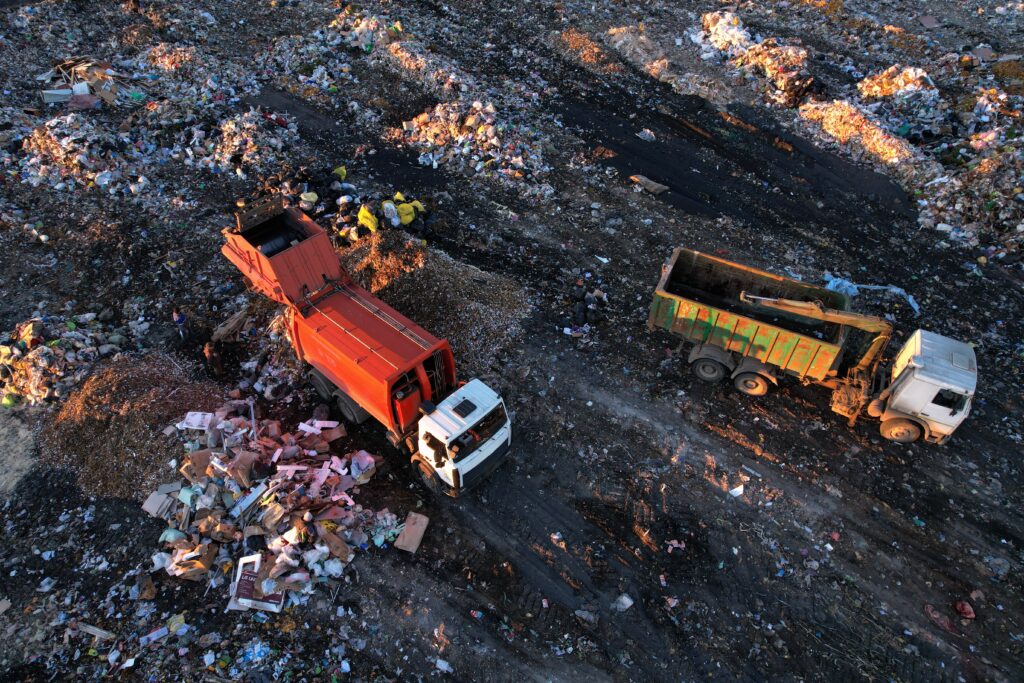Officials from the department's WEEE team revealed last week (December 11) that, while discussions had begun at a European level on the recast, EU member states had raised concerns over some aspects of the European Commission's (EC) plans.

I would bet money that we would not get agreement on these texts before the end of next year
Steve Andrews, BIS
In particular, they had highlighted disquiet over proposals to introduce a new 65% collection target to be reached by all member states by 2016 – moving from the current weight-based goals – and to extend producer responsibility.
And, the head of the ecodesign and and product regulation team at BIS, Steve Andrews, said that, taking into account the European decision-making process needed to agree the recast, this could mean that new UK WEEE regulations, outlining exactly how the UK would meet any new collection target, might not be in place until early 2013.
Speaking at a BIS stakeholder event on the EC recasts of the WEEE and RoHS Directives, Mr Andrews said: “I would bet money that we would not get agreement on these texts before the end of next year.”
He explained that, with the UK then having 18 months to transpose the recast Directive, his “best guess” would be that new UK WEEE regulations would come into force in late 2012 or early 2013.
Co-decision
The draft recast of the WEEE Directive was originally published by the Commission in December 2008 (see letsrecycle.com story), and is now passing through the European Union's co-decision process.
This means the amended text has to be approved by both the European Parliament and the Environment Council, which includes secretary of state for the environment Hilary Benn and his counterparts from the other 26 EU member states.
Mr Andrews explained that, to date, the draft recast Directive haw been discussed in Council working groups, which involved BIS representatives.
However, he noted that it was less advanced in the European Parliament. A report by the person responsible for guiding the document through the European Parliament, German rapporteur Karl-Heinz Florenz, is due to be issued in the first two months of 2010.
This will then be considered by the Parliament's Environment Committee.
Targets
The European co-decision process
| ENVIRONMENT COUNCIL | EUROPEAN PARLIAMENT |
| – First reading in council working groups (involving BIS) | – Considered by Environment Committee |
| – Can adopt text on qualified majority voting (if it agrees European Parliament amendments) or adopt a common position | – Plenary vote on possible amendments |
| – Second reading in Council to consider final Parliament amendments | – Second reading in European Parliament |
| – Conciliation | – Approval; no decision; rejection; proposal of further amendments |
| – Conciliation | |
| Source: BIS | |
Mr Andrews highlighted that member states retained concerns expressed earlier this year (see letsrecycle.com story) that moving from a weight-based collection target to a market-based target of collecting 65% of WEEE would be a problem.
He explained that that “every single member state” had said “they're not workable”, because they were not achieveable within the 2016 timeframe.
“We have had lots of discussions, there are proposals for other collection targets but there are no conclusive targets at all. The commission has just defended its own proposals saying it's not a problem,” he added.
In particular, he said that some member states had suggested the percentage target be based on sales over a five year period, and not the two years proposed by the Commission.
Producer responsibility
Also speaking at the event, Debbie Huntington, head of the WEEE policy team at BIS, revealed that there were also concerns over the Commission's definition of 'producer' in the regulations.
In particular she said these related to plans to extend producer responsibility to make producers responsible for funding all costs of collecting WEEE.
“We're looking at what they mean by all costs,” she explained. “It may just be all collection sites or producers may have to go and collect it themselves, no two member states agree on what that means.”
She added: “We're pushing for more clarity on all these issues, especially what the cost is.”
The proposals also involve a move towards 'harmonising' the Europe-wide WEEE regime in areas such as producer registration, but Ms Huntington asked: “We now have 27 different members with different systems, where would enforcement be?”
“We are looking at how we can harmonise key requirements like form completing and our current view is that's as far as it can go,” she revealed.
And, she said that discussions were also taking place over how many WEEE categories there should be – with some suggestions that there should be a reduction from the current 10 to five to make reporting easier.
Next steps
Mr Andrews explained that the next steps for the recast of the WEEE Directive, and the RoHS Directive which is being revised at the same time, would see them being discussed further at council working group meetings next month.
These are scheduled to be held on January 15 for WEEE and January 14 for RoHS.
A report drawn up by the rapporteur Mr Florenz outlining the commission's proposals is then expected to be voted on by the Parliament's Environment Committee in April.
And, a full plenary session of the Parliament is then set to vote on proposed amendments at a discussion scheduled for June 2010.
Mr Andrews claimed that the “key meeting” for the Directives was the Council meeting scheduled for June 21, where, the Council could potentially endorse the Parliament's proposed amendments.
But, he explained that as well as the department's representatives having heard that the plenary discussion might not take place until later in the year, and concluded that “the conclusion of co-decision will almost certainly not be before this time next year”.








Subscribe for free